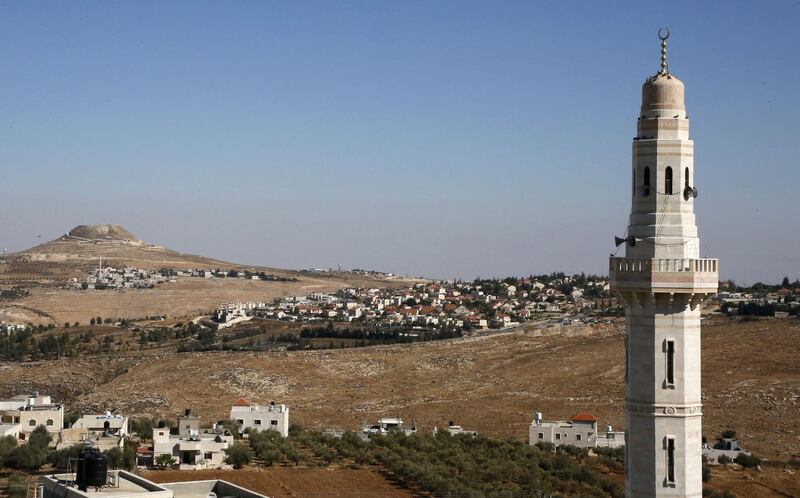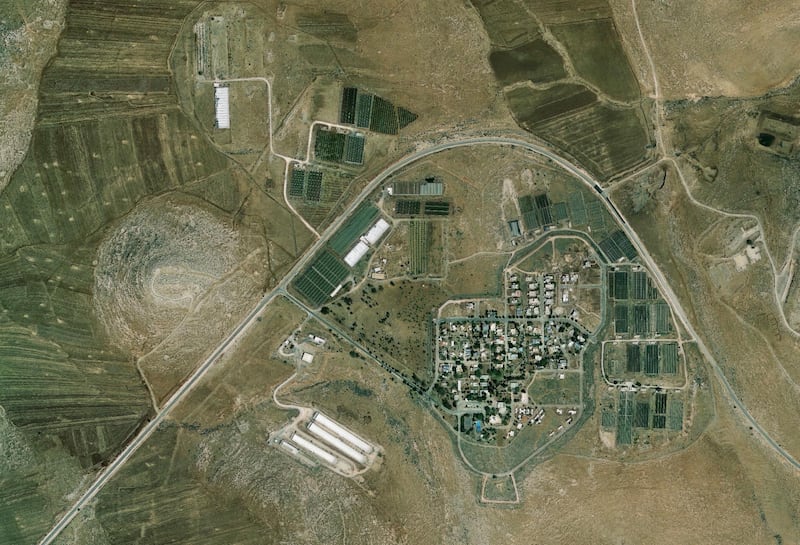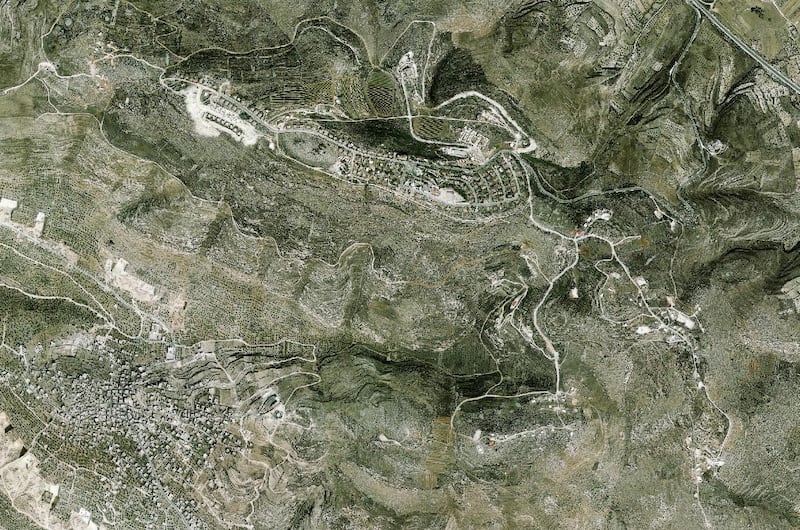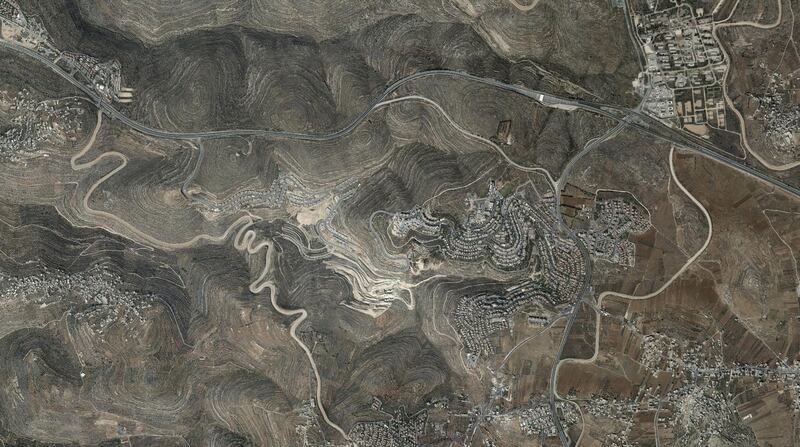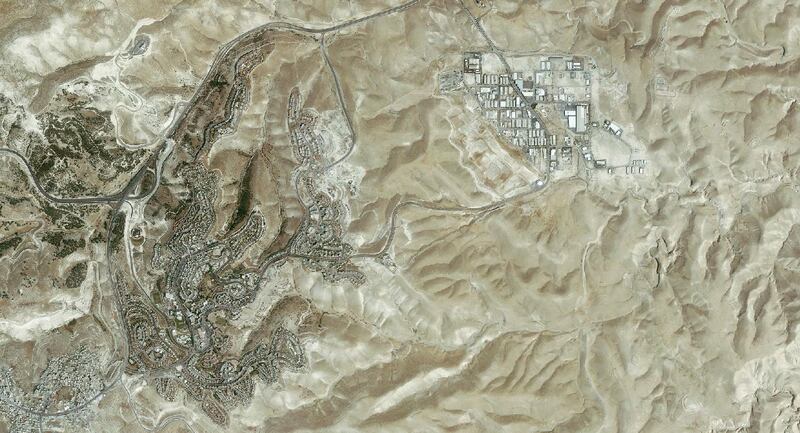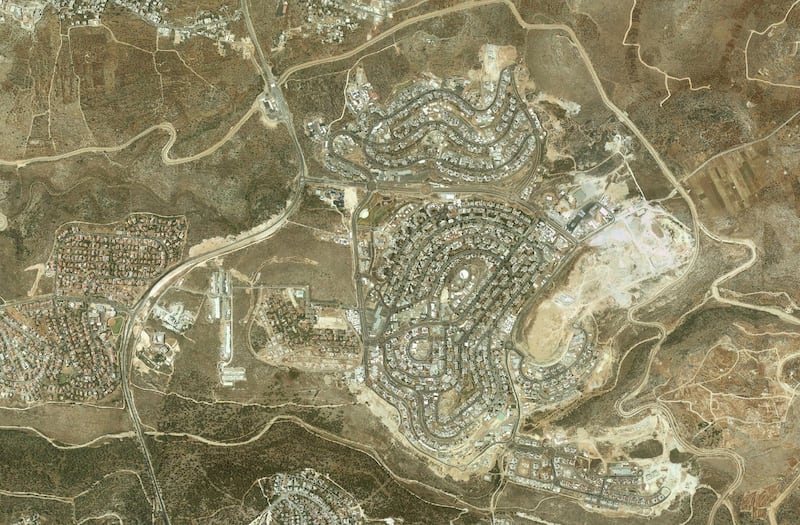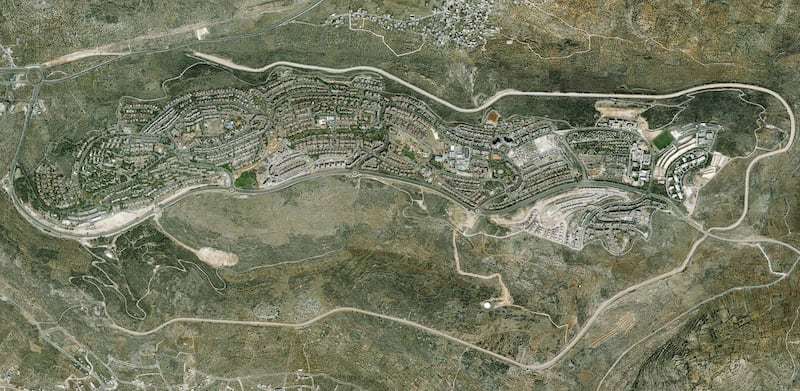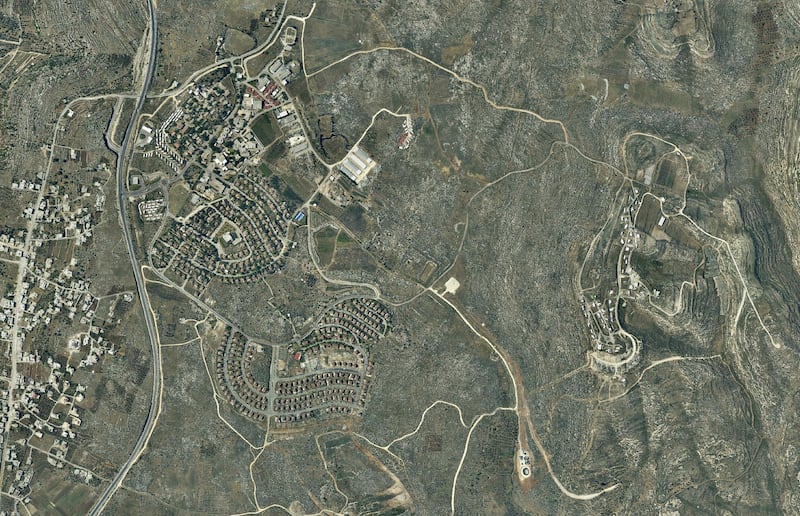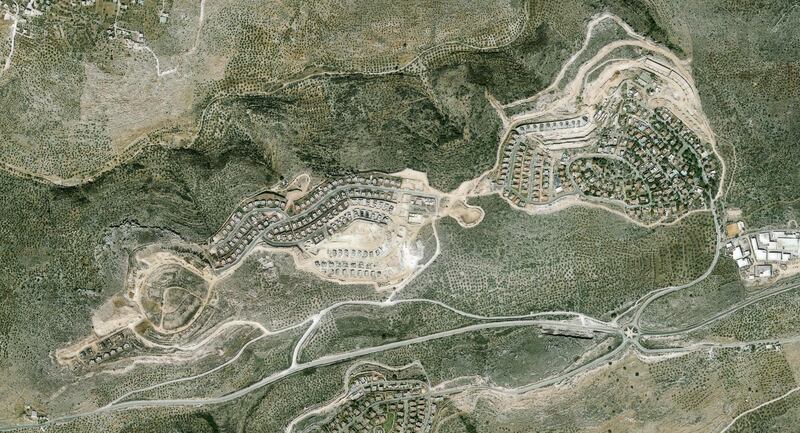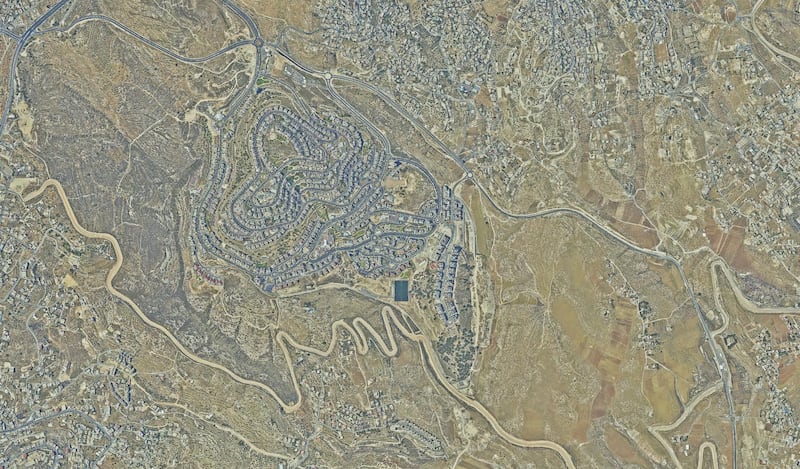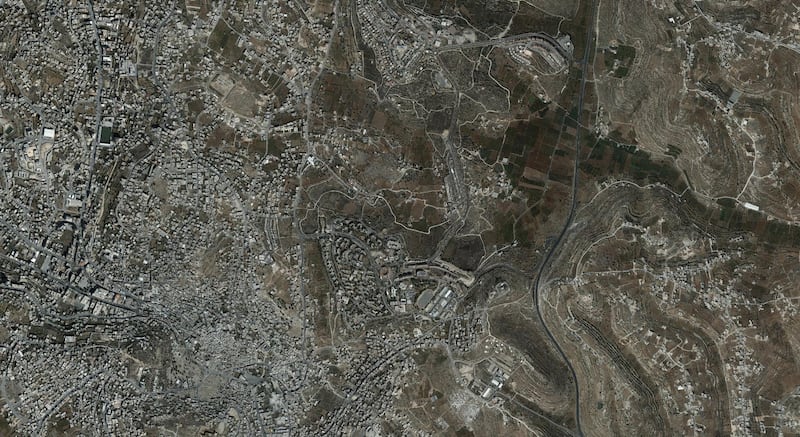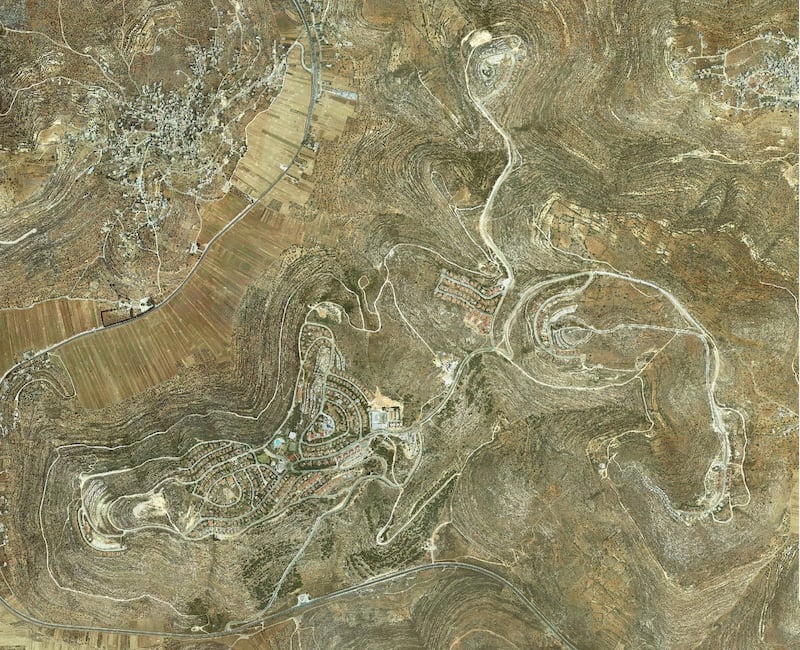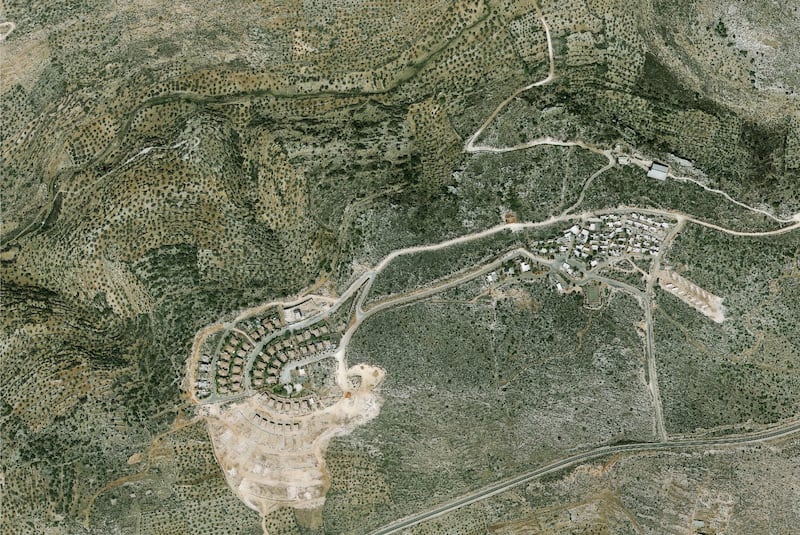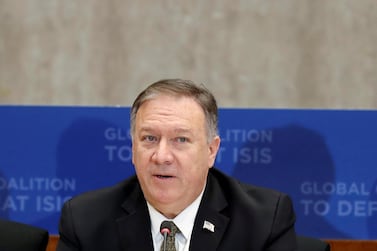The United Nations and European powers on Wednesday voiced regret at the US decision to no longer regard Israeli settlements as illegal, and said plans for thousands of new homes on occupied land were making an already tense situation worse.
Nickolay Mladenov, the UN special coordinator for the Middle East Peace Process, said the lack of political progress between Israel and the Palestinian Authority was being borne out in the recent escalation of fighting in Gaza.
Mr Mladenov called on Israel to end its settlement activity, minutes after European members of the UN Security Council disagreed with the US and issued a joint statement reiterating their position that settlements are illegal.
The US announcement on Monday followed Israel's declaration in September that it would regard areas of the Jordan Valley as its territory, making a two state solution ever less likely.
New plans for 2,600 settler homes were announced on November 1, including 182 in Mevo'ot Yericho, an outpost in the Jordan Valley, according to Mr Mladenov.
“Other notable plans include 382 units in the Dolev settlement, west of Ramallah, and 609 units in the large urban settlement of Beitar Illit, west of Bethlehem,” he told the council during a briefing in New York.
“We regret the announcement made on November 18 by the United States that it no longer regards settlements as inconsistent with international law. The UN position remains unchanged.”
_____________
Israeli settlements in the West Bank from the air
_____________
The US decision, announced by Secretary of State Mike Pompeo, was largely symbolic as matters on the ground long ago made the legal opinion academic, with settlement building long eroding territory that Palestinians regard as their own.
Israel's settler population in the occupied West Bank and occupied East Jerusalem, territories it captured in the 1967 Arab-Israeli War, has grown to more than 600,000.
Israeli right-wing leaders have welcomed the revised US legal opinion, which fuelled calls from settler supporters for increased construction or even the annexation of parts of the West Bank.
The US policy also plays into the hands of Benjamin Netanyahu, the Israeli prime minister who has twice this year failed to win a mandate in elections. His rhetoric on Palestinians has moved ever further to the right but he remains locked in a battle to outsmart political rival Benny Gantz by forming a government.
The EU5 group of the UK, Germany, Belgium, France and Poland echoed the UN position that talks to advance a two state solution are the only way to advance the Middle East Peace Process.
“Our position on Israeli settlement policy in the occupied Palestinian territory, including East Jerusalem, is clear and remains unchanged: all settlement activity is illegal under international law and it erodes the viability of the two-state solution and the prospects for a lasting peace,” the European countries said in a joint statement.
“We call on Israel to end all settlement activity, in line with its obligations as an occupying power. We also reiterate our concern about the calls for a possible annexation of areas in the West Bank. We will continue to support a resumption of a meaningful process towards a negotiated two-state solution, the only realistic and viable way to fulfil the legitimate aspirations of both parties.”
The European stance was dismissed by Danny Danon, Israel's Ambassador to the United Nations as “part of a propaganda campaign that starts in New York and ends in Ramallah”, which he said was a barrier to negotiations.
“The only way to move forward is to have direct negotiations” with the Palestinians, Mr Danon said, dismissing the Security Council's role in brokering peace.
Riyad Al Mansour, the Palestinian ambassador to the UN, said Israel was making the most of its alliance with Washington despite the international community regarding settlements as illegal.
“We strongly reject and condemn the US announcement,” he said. “One cannot believe that the American voice today is one that wants peace.”
